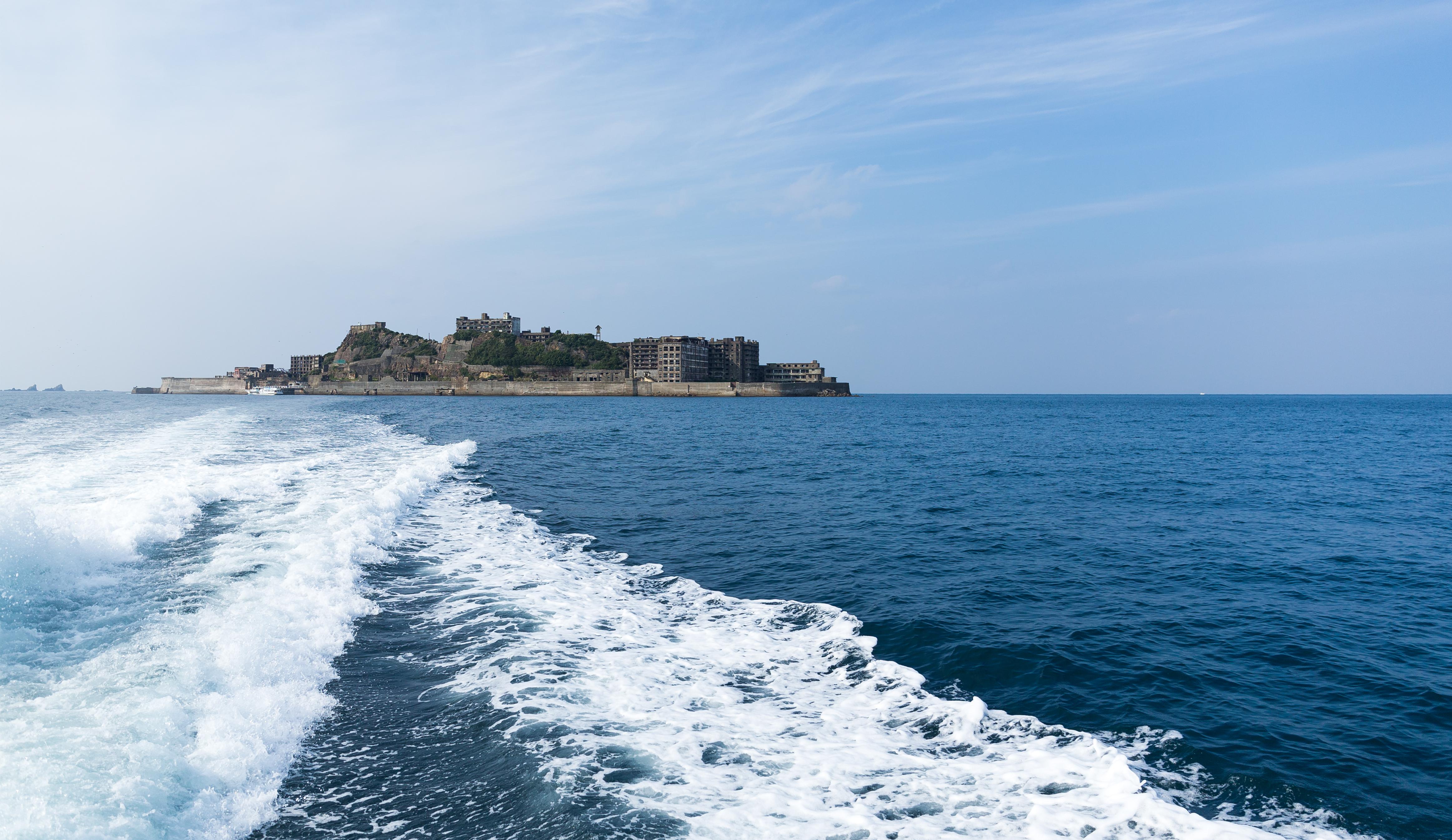Stay Safe, Americans: Decoding the Worldwide Travel Alert for Your Next Journey
In an era of unprecedented global connectivity, travel has become an integral part of life for many Americans. Whether for leisure, work, or study, venturing beyond borders can be an enriching experience. However, with increased travel opportunities come potential risks, making it crucial to stay informed about global travel alerts. These alerts, issued by government and international agencies, provide vital information on the safety and security conditions of various destinations. Understanding how to navigate these alerts can safeguard your adventures and ensure a smooth, enjoyable travel experience. This guide offers a comprehensive exploration of strategies to effectively manage travel alerts, ensuring your journeys remain safe and fulfilling.
1. Understanding Travel Alerts and Warnings
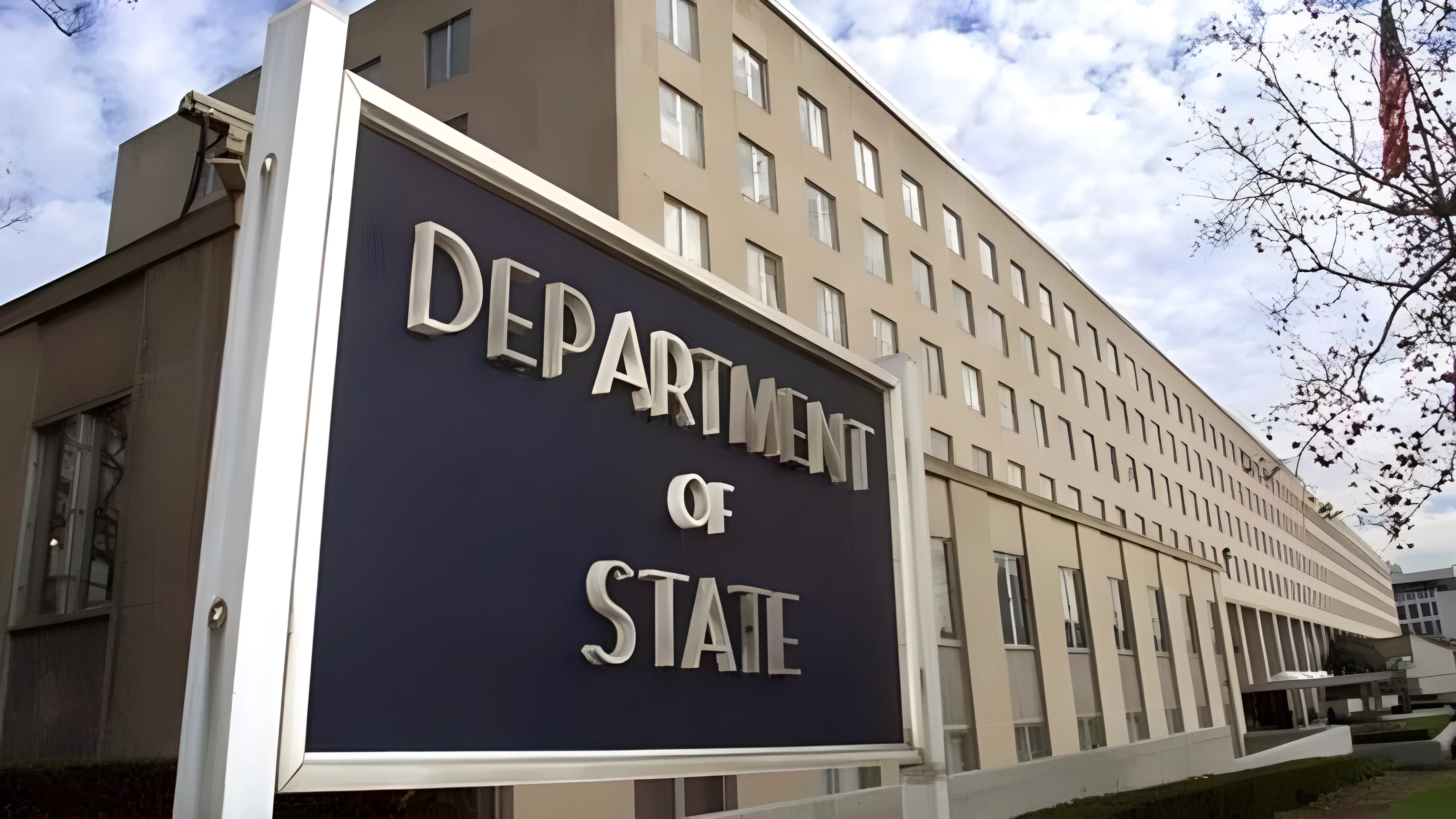
Travel alerts and warnings are essential tools for international travelers. Issued by bodies such as the U.S. Department of State, these notifications range from short-term alerts about specific events, like natural disasters or political unrest, to long-term warnings about ongoing issues such as terrorism or health epidemics. Understanding the nature and scope of these alerts is crucial, as they provide insights into potential threats and offer guidance on how to mitigate risks. By comprehending the nuances between alerts and warnings, travelers can make informed decisions about their itineraries and prepare adequately for unforeseen circumstances.
2. The Role of Government Agencies
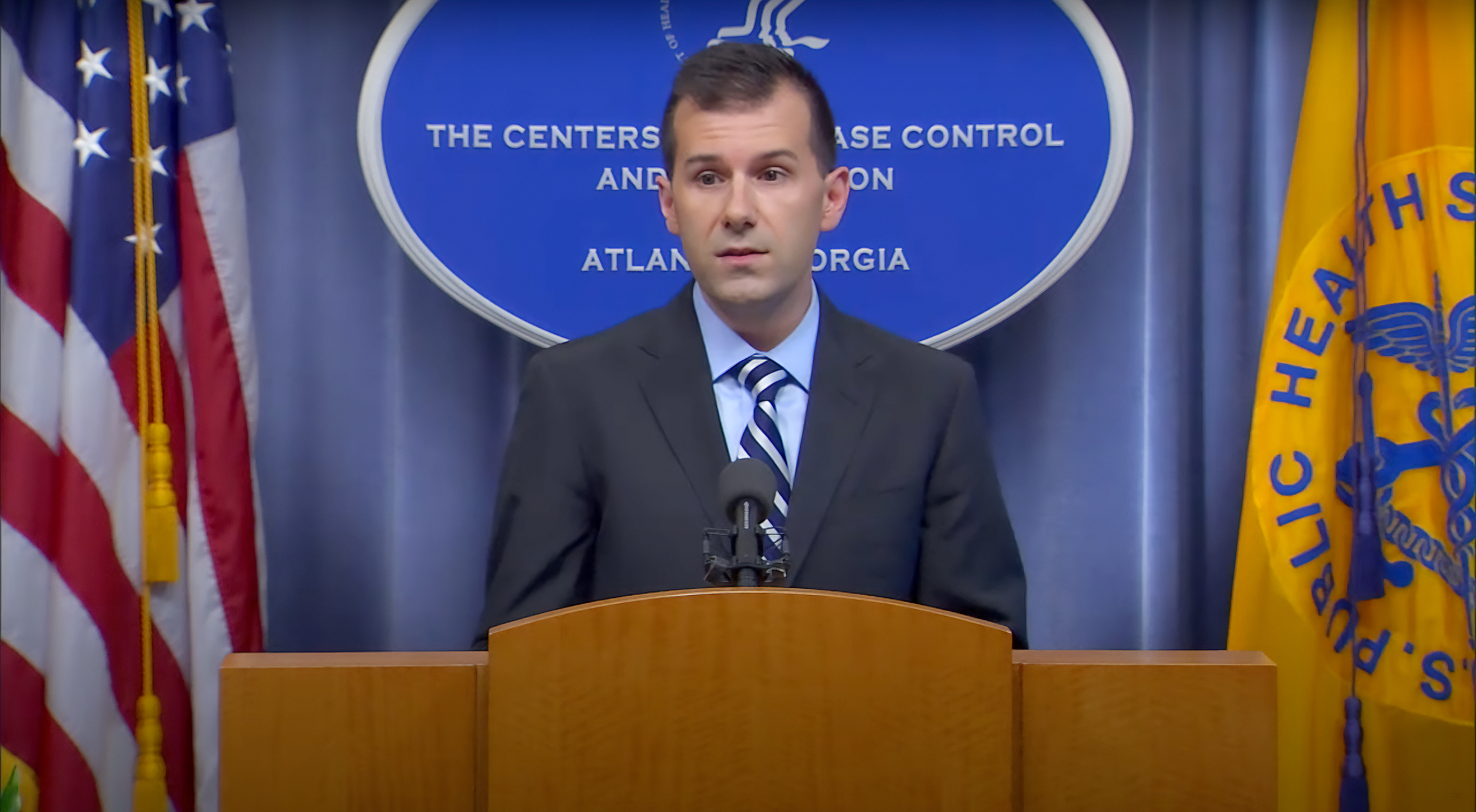
Government agencies play a pivotal role in disseminating travel alerts and ensuring the safety of their citizens abroad. The U.S. Department of State, for instance, regularly updates its travel advisories based on the latest intelligence and diplomatic reports. These advisories are categorized into four levels, ranging from "Exercise Normal Precautions" to "Do Not Travel," each reflecting the severity of the risk involved. Understanding these levels helps travelers assess the potential dangers of their destinations and plan accordingly. Additionally, agencies like the Centers for Disease Control and Prevention (CDC) provide health-related travel notices, crucial for avoiding regions with disease outbreaks.
3. Leveraging Technology for Real-Time Updates
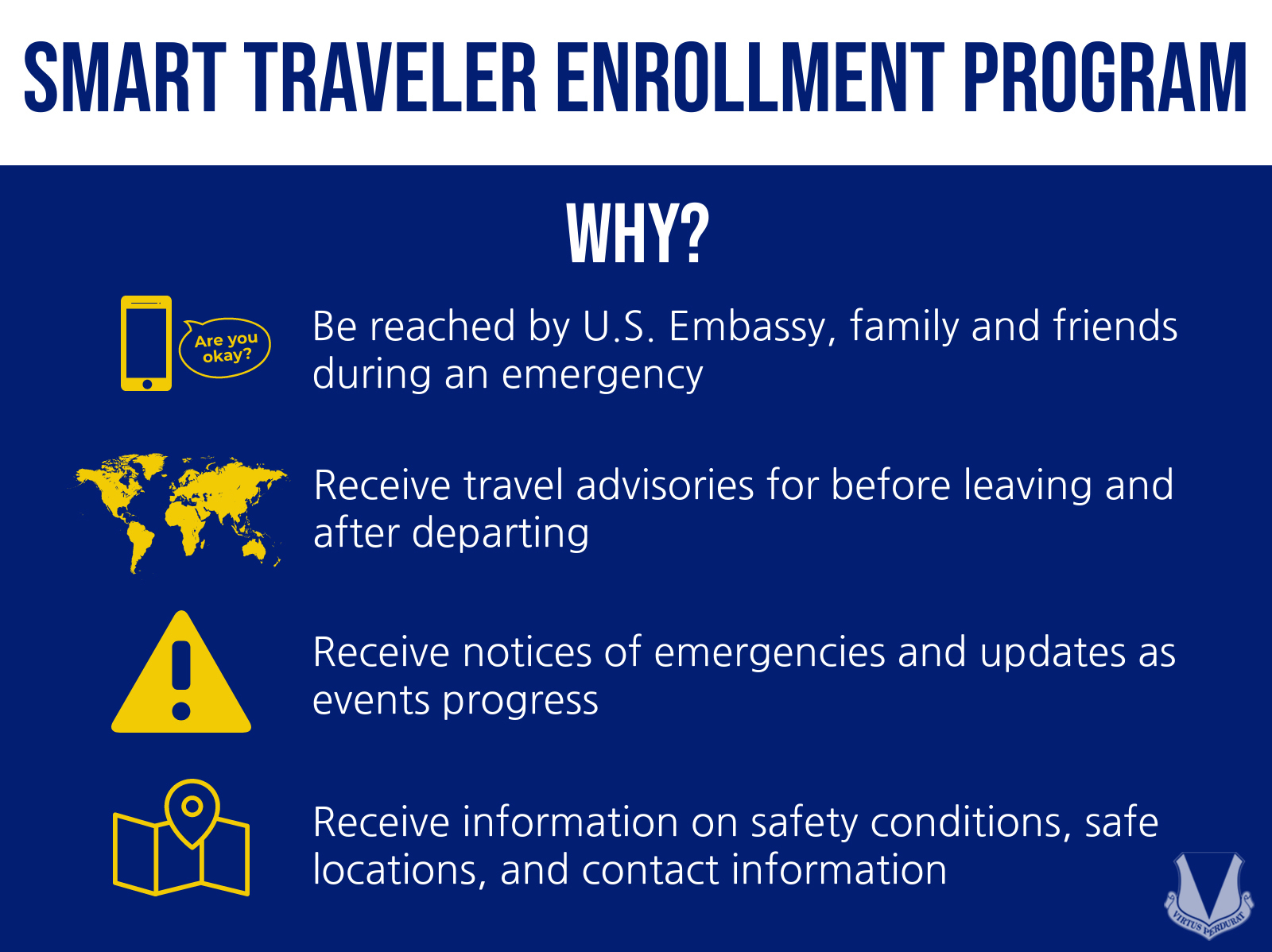
In today's digital age, technology offers powerful tools for staying updated on travel alerts. Mobile apps and websites provide real-time information, allowing travelers to receive instant notifications about changes in safety conditions. The Smart Traveler Enrollment Program (STEP), for example, is a free service that enables U.S. citizens to register their travel plans with the nearest U.S. Embassy or Consulate. This not only keeps travelers informed about local developments but also facilitates assistance in emergencies. Utilizing such technological resources ensures travelers are always aware of their surroundings and can respond swiftly to any arising threats.
4. Evaluating Destination-Specific Risks

Each travel destination comes with its unique set of risks, influenced by factors such as political stability, crime rates, and health concerns. Evaluating these risks involves thorough research and understanding of the local context. Travelers should consult multiple sources, including government advisories, travel forums, and local news outlets, to gain a comprehensive view of the potential dangers. Additionally, understanding cultural norms and legal frameworks of the destination can prevent misunderstandings and legal issues. By assessing the specific risks associated with their travel plans, individuals can take proactive measures to mitigate them, ensuring a safer journey.
5. Health Precautions and Safety Measures
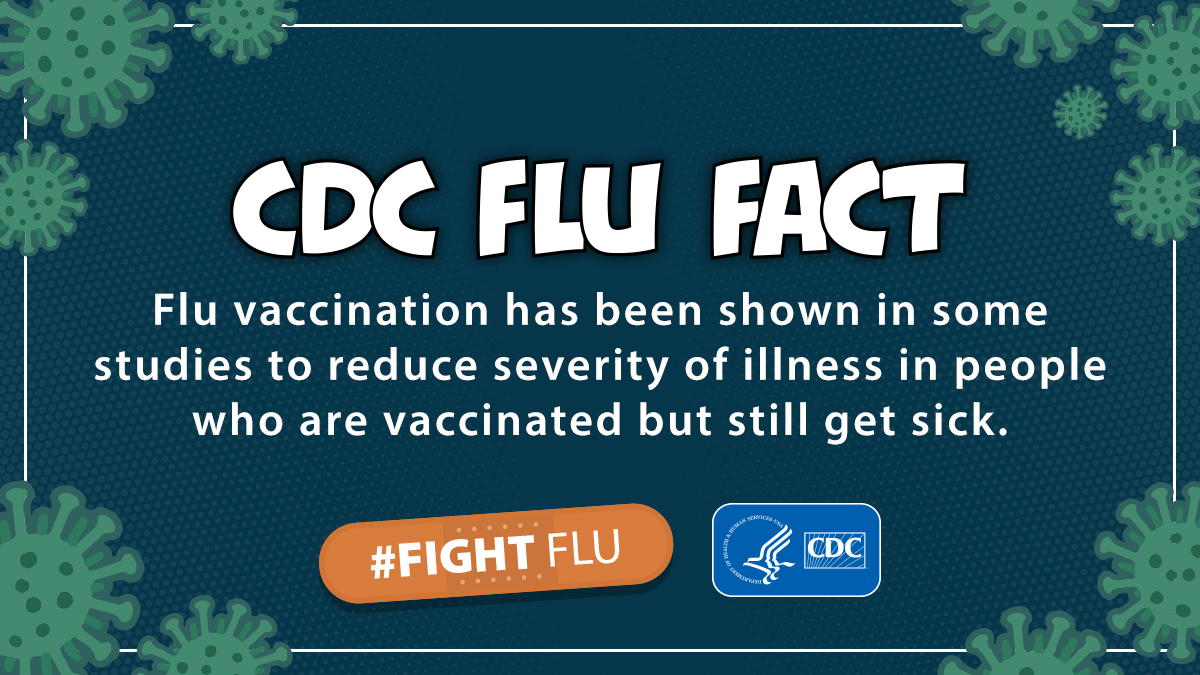
Health risks are a significant concern for international travelers, especially in regions prone to outbreaks of infectious diseases. The CDC provides valuable health notices and vaccination recommendations tailored to specific destinations. Travelers should ensure they are up-to-date on routine vaccines and consider additional immunizations based on their itinerary. Furthermore, packing a travel health kit, including first aid supplies and necessary medications, can be lifesaving in emergencies. Awareness of local healthcare facilities and understanding how to access medical services abroad are also crucial components of a comprehensive travel health strategy.
6. The Importance of Travel Insurance

Travel insurance is a vital aspect of safeguarding your adventures, offering financial protection against unforeseen events such as medical emergencies, trip cancellations, and lost luggage. Policies vary widely, so it is essential to choose one that covers your specific needs, including coverage for activities you plan to engage in and regions you intend to visit. Reading the fine print and understanding the terms and conditions of your policy can prevent unpleasant surprises. Travel insurance not only provides peace of mind but also ensures that travelers are financially prepared to handle unexpected disruptions.
7. Staying Connected with Local Resources

Once at your destination, staying connected with local resources can significantly enhance your safety. Establishing contact with the nearest U.S. Embassy or Consulate provides a reliable point of contact in case of emergencies. Additionally, engaging with local communities and expatriate networks can offer valuable insights into the current safety climate and cultural nuances. Utilizing local media and online platforms to monitor developments ensures that travelers remain informed and can adjust their plans as needed. Building a network of local contacts enhances situational awareness and can be instrumental in navigating unfamiliar environments.
8. Developing an Emergency Plan

Preparation is key to effectively handling emergencies while traveling. Developing a comprehensive emergency plan involves identifying potential risks and formulating strategies to address them. This includes knowing the location of the nearest embassy or consulate, having emergency contact numbers readily available, and understanding the local emergency services. Travelers should also establish communication plans with family and friends back home, ensuring they are updated on travel plans and can be contacted if needed. Practicing situational awareness and having contingency plans for various scenarios can significantly reduce stress and enhance safety during travel.
9. Cultural Sensitivity and Awareness

Cultural sensitivity is an often-overlooked aspect of travel safety. Understanding and respecting local customs and traditions can prevent conflicts and enhance personal safety. Misunderstandings due to cultural differences can lead to uncomfortable or even dangerous situations. Travelers should educate themselves about the social norms, dress codes, and behavioral expectations of their destinations. Engaging with the local culture respectfully not only enriches the travel experience but also fosters goodwill and reduces the likelihood of negative interactions. Cultivating cultural awareness is an essential component of responsible and safe travel.
10. Financial Safety and Fraud Prevention
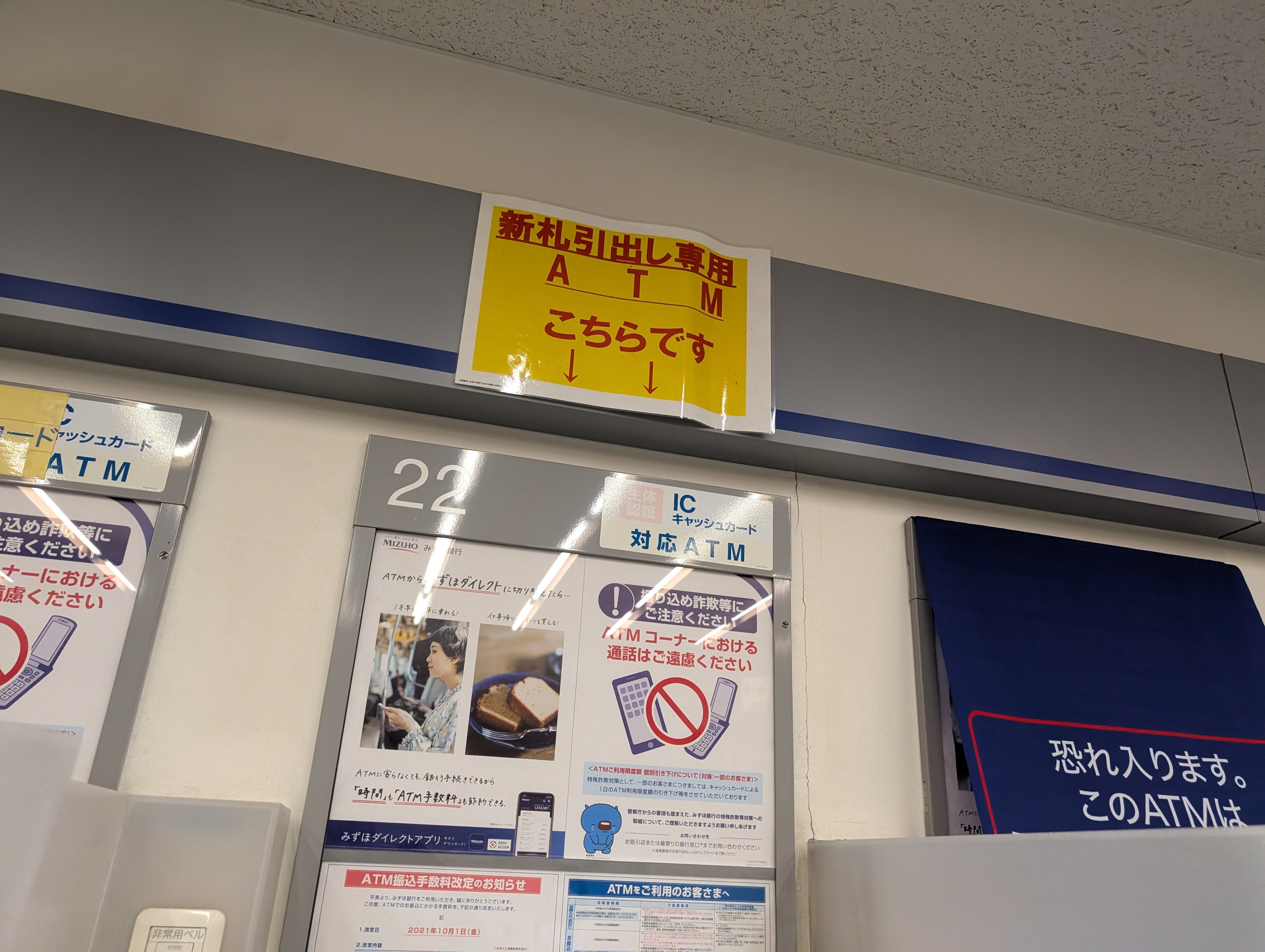
Financial safety is a critical consideration for travelers, as tourists are often targets for scams and fraud. Protecting your financial information involves using secure methods of payment, such as credit cards with fraud protection, and being cautious with ATMs and public Wi-Fi. Travelers should also be aware of common scams in their destination and take measures to safeguard their belongings. Keeping copies of important documents, such as passports and credit cards, can expedite recovery in case of theft or loss. By implementing robust financial safety practices, travelers can protect themselves from financial loss and stress.
11. The Role of Local Laws and Regulations
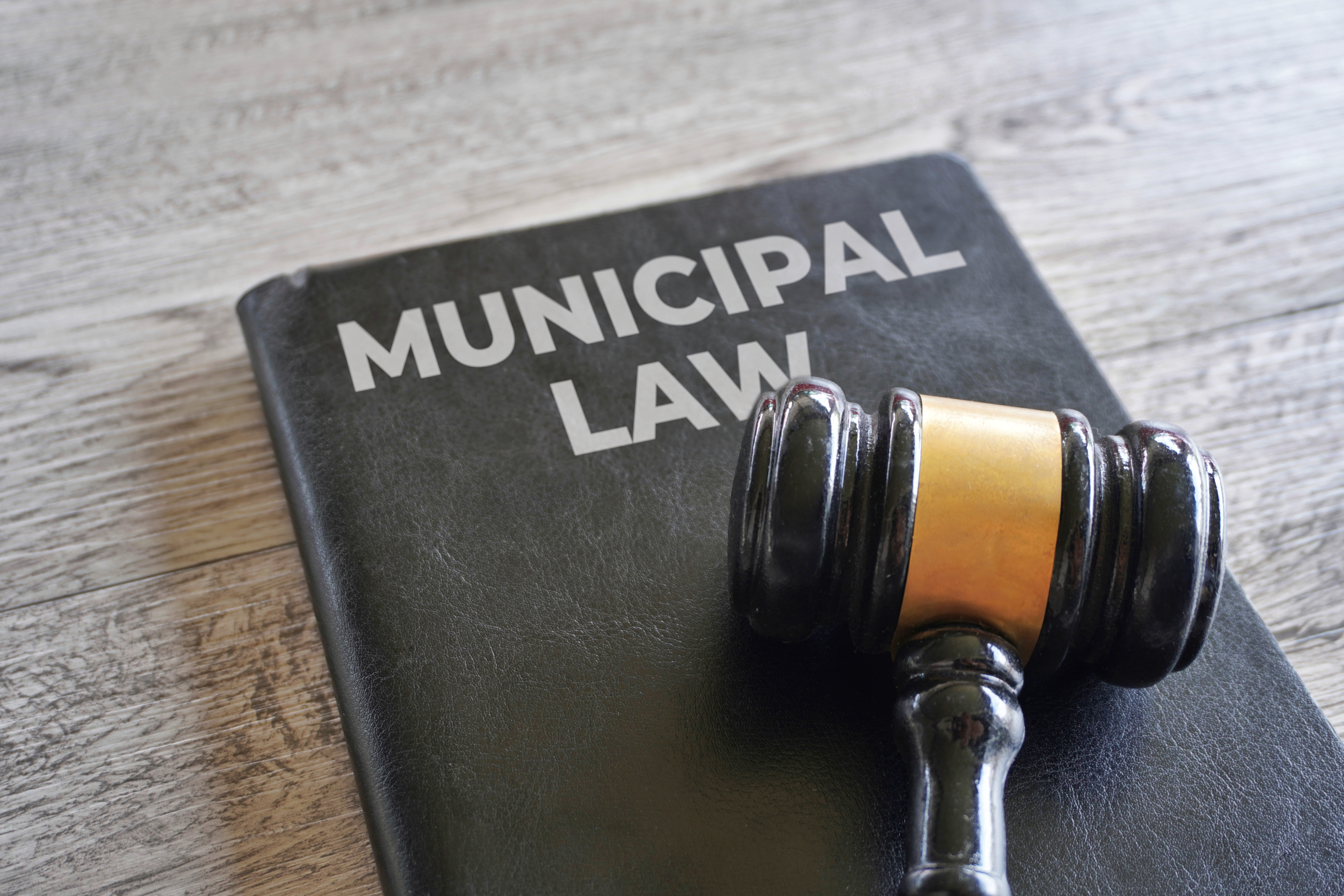
Understanding local laws and regulations is crucial for avoiding legal issues while traveling. Laws vary significantly from one country to another, and what is permissible in the U.S. may be illegal elsewhere. Travelers should familiarize themselves with the legal system of their destination, including rules regarding photography, alcohol consumption, and public behavior. Ignorance of local laws is not a defense, so being informed is essential. Respecting local regulations not only ensures compliance but also demonstrates cultural respect, reducing the risk of legal complications and enhancing the overall travel experience.
Embracing Safe and Enriching Travel

Navigating global travel alerts is an essential skill for any American venturing abroad. By understanding and utilizing the resources available, travelers can mitigate risks and ensure their journeys are both safe and rewarding. From leveraging technology and government advisories to embracing cultural sensitivity and financial safety, each aspect of this guide plays a vital role in safeguarding your adventures. As global travel continues to evolve, staying informed and prepared remains paramount. By mastering these strategies, travelers can confidently explore the world, embracing the myriad experiences it has to offer while prioritizing their safety and well-being.




